Question
 Kittens
Kittens
Hi Jessica,
I very much appreciate the work you do. I recently adopted two kittens from my veterinarian and have come to find they likely have feline infectious peritonitis. I adopted them when they were about 4-6 weeks old and have been pleased they seem to have survived the virus so far. They are now about 12-14 weeks old. When they were 4-6 weeks old I had my vet send blood samples to a veterinarian teaching school and the results (including very high titers >1600) suggest a very likely fip diagnosis. I was wondering what your experiences have been with hospice care. One kitten has a somewhat distended belly and does not seem to metabolize his food well as he remains very skinny. He is regularly lethargic and vomits about once every three days. He does not appear to have any overt neurological signs and is otherwise healthy with a good appetite. His coat has shifted from rough to soft and he plays and his quality of life seems good. The female of the pair is symptom free other than regularly exhibiting a low grade fever (as does the male). They both seem to be free of parasites after two treatments and have solid stools. The male does not seem to tolerate a range of foods and only seems to have solid stools with W/D type food. I've read several journal articles on fip, but the research on recovery/hospice is absent. Do you have any thoughts/experiences you could share regarding long-term fip care? thanks so much and thanks again for the work you do- David
AnswerHi David. I'm so sorry, you have been touched by the worst of all the feline diseases. But I'm glad these little ones have been entrusted to you!
There is little out there as far as hospice care for FIP patients, because most people opt to put FIP+ kitties to sleep right away. Few cats improve with any kind of treatment, and a full recovery is almost impossible (almost!). However, there are a couple of things that might help the babies feel better in their remaining time.
One is prednisone, a corticosteroid. Not only can it help reduce inflammation that is widespread with the disease, but it can help stave off the condition for a while in some kitties. This is because the clinical signs of FIP, as you are no doubt aware, are actually CAUSED by the immune system and its response to the virus. Corticosteroids act as mild immunosuppressants. So they are able to tone down the immune response that is causing the condition, FIP.
Antibiotics are also recommended for symptomatic FIP patients, or those who are placed on steroids. This prevents bacterial infections from becoming a secondary problem, especially in patients who are on immunosuppressant therapy.
If your babies' temperatures are high, say approaching 105 or higher, you may want to ask the vet about using a medication called dipyrone. This is an amazing fever reducer, much better than baby aspirin. It must be used with caution when the cause of a fever is unknown, because fevers can be a necessary part of recovery from some illnesses. But when the kitten is suffering from FIP, a fever only causes the kitten discomfort, without benefit. Dipyrone is an injectable medication that usually must be given daily, so if your veterinarian feels it's a reasonable treatment, it would be best for the vet to show you how to give it at home. While some vets shy away from this medication, it has been a lifesaver with my FIP kittens.
Finally, in cats with the wet form of FIP, furosemide (Lasix) may fluid accumulation in the chest or abdomen. This is not always successful, but it worked very well in an FIP+ kitten I had last year. It bought us an extra couple months with him. Some people will even opt to have fluid tapped from the abdomen with a needle. This is obviously more invasive than Lasix, but it is generally well tolerated. Unfortunately, there is some thought that the needle puncture can actually perpetuate the inflammation that's resulting in the fluid accumulation in the first place, and it must be repeated regularly as the fluid builds up again.
Best of luck with your little ones.
Jessica


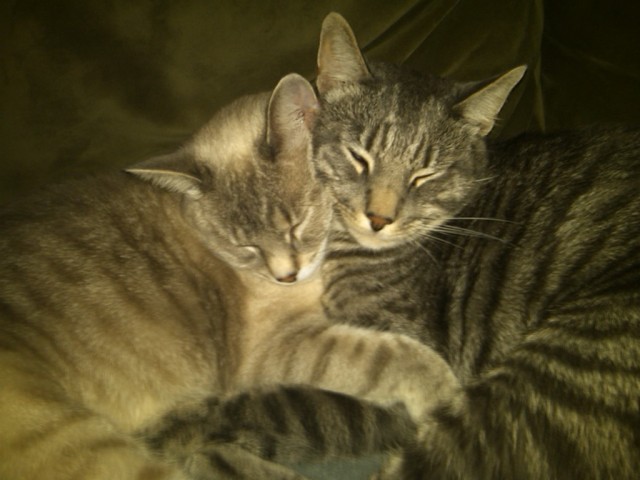 What breed/mix is my cat?
QuestionSugar and Oliver
QUESTION: Hi,
Im wond
What breed/mix is my cat?
QuestionSugar and Oliver
QUESTION: Hi,
Im wond
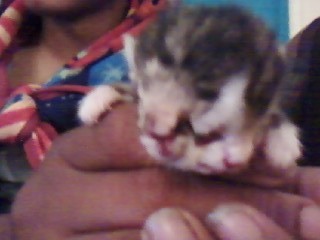 my cat had a kitten with one head and part of another with a mouth and has not nursed since she was born.
Question
my newborn kitten
my cat delivered a female ki
my cat had a kitten with one head and part of another with a mouth and has not nursed since she was born.
Question
my newborn kitten
my cat delivered a female ki
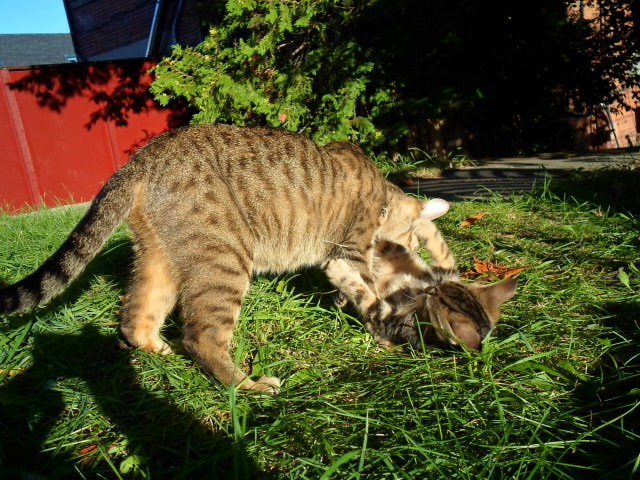 Cat Breed Identification?
Question
Playtime Pretty Girl
Hi there. &n
Cat Breed Identification?
Question
Playtime Pretty Girl
Hi there. &n
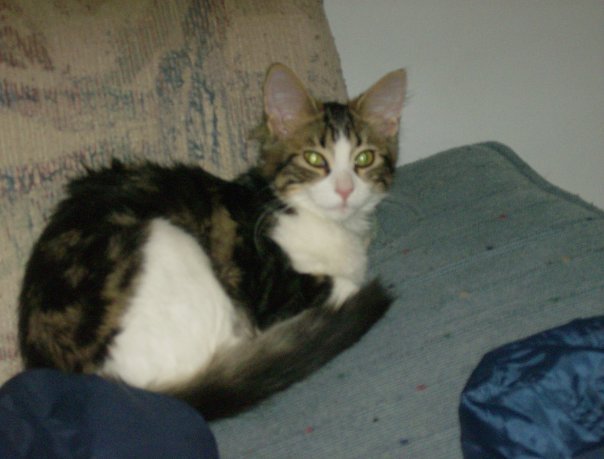 pregnat cat ??
Questionsophia
QUESTION: no one is avaible for t
pregnat cat ??
Questionsophia
QUESTION: no one is avaible for t
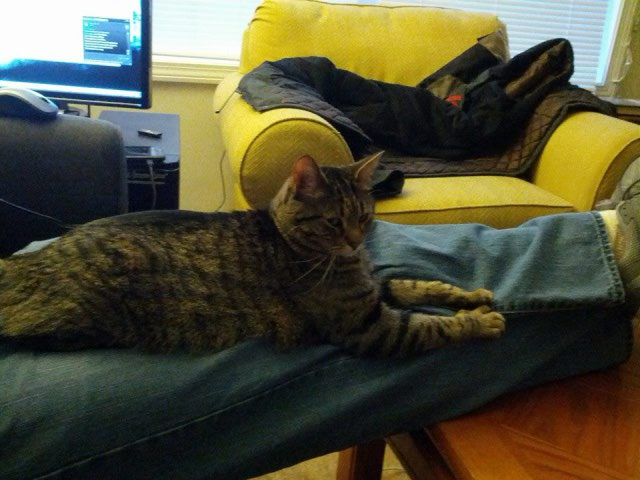 Chinese Li Hua?
Question
Magnus1
Hi,
My husband and I recently
Chinese Li Hua?
Question
Magnus1
Hi,
My husband and I recently